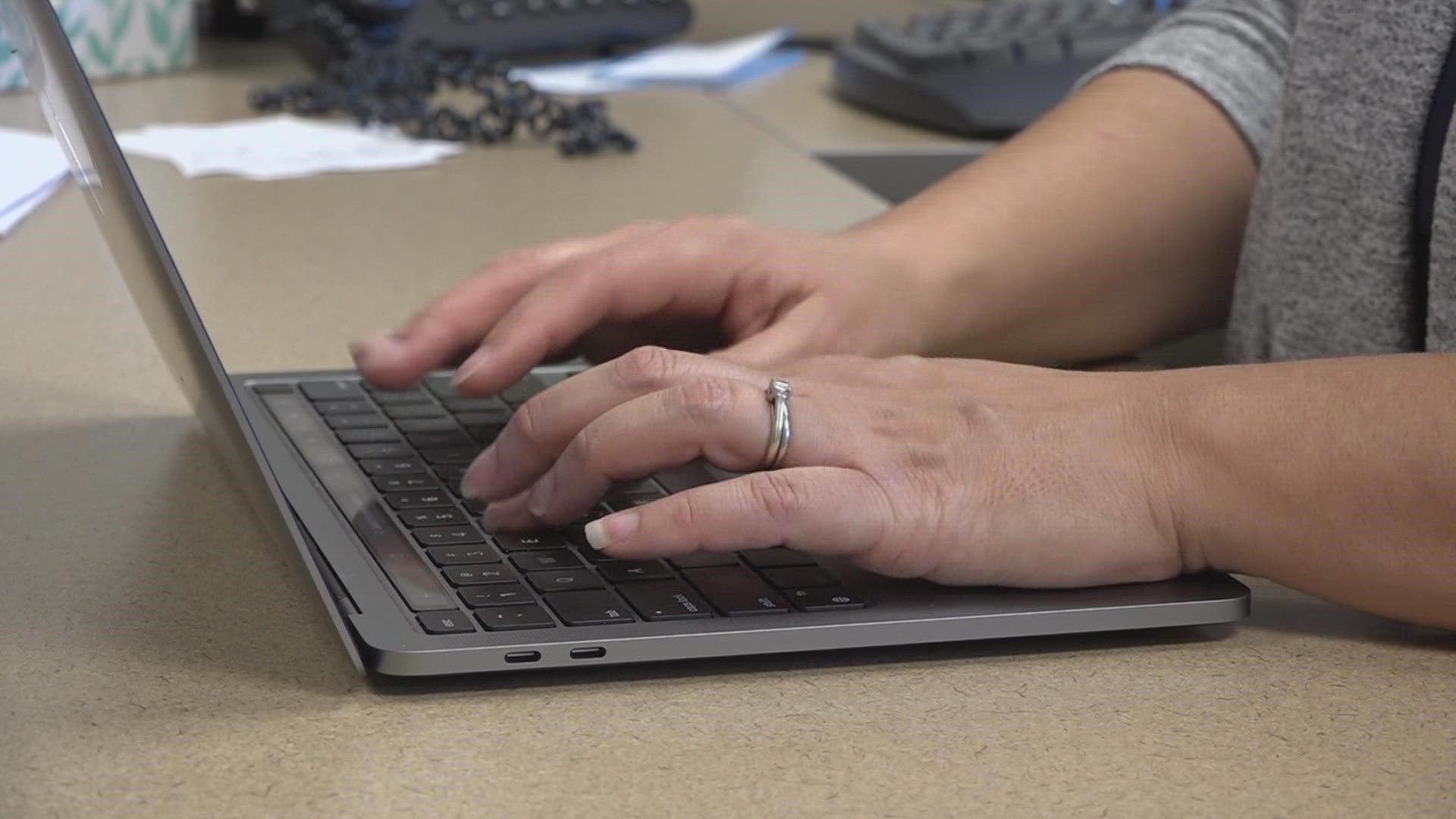BANGOR, Maine — At the height of the COVID-19 pandemic, many organizations that relied on volunteers told them not to come in but instead, to log on.
Even post-pandemic, many are still sticking with it after learning both the pros and cons.
Organizations like Age-Friendly Sullivan run events like roadside cleanups and group exercises. Coordinator Candy Eaton said with many senior volunteers, virtual has allowed them to join in when they otherwise couldn't.
"We can still have a meeting or still do events. Or we can still do activities without having to leave the security of our own home," Eaton said.
To learn more about how virtual volunteering is changing today's social landscape, associate professor Jennifer Crittenden is conducting a three-year study through the University of Maine Center on Aging and School of Social Work.
Funded by AmeriCorps, more than $380,000 dollars in funding will be used towards understanding nationally how nonprofits take advantage of virtual platforms to increase accessibility.
"For many people volunteering may be out of reach right now, so virtual volunteering, whether that's phone-based or on the computer, may open up new avenues for people who wouldn't otherwise volunteer," Crittenden said.
Crittenden added she will work with a team of graduate students and others to learn why virtual volunteering is so appealing, especially to seniors like those at Age-Friendly Sullivan, and how such agencies can grow their volunteer forces in the future.
"I hope that the research that I do will expose that range and help us understand what are those opportunities that we can foster. And also, what are the challenges," Crittenden said.

